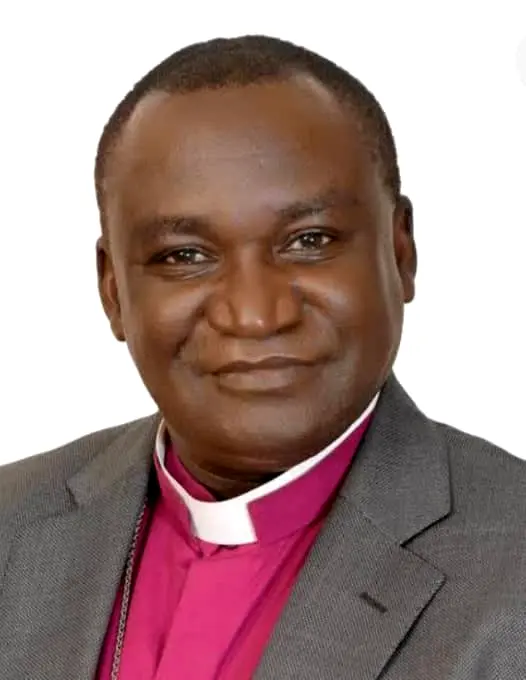Breaking News
[UPDATE] Insecurity: Bishop advocates state, LG, ward police
Speaking on the cashless policy, he advised the Central Bank of Nigeria (CBN) not to equate us with other nations where technology is everywhere. “Even in the city of Kaduna where we are, how many people are so enlightened to make a cashless policy? Our policy should reflect who we are.”

Bishop of Anglican communion, Kaduna Diocese, Timothy Yahaya has said that the creation of State, Local Government and ward police will tackle the problem of insecurity in Nigeria including the ungoverned spaces.
Bishop Yahaya in his Christmas message said police at the State, Local government and ward levels would secure every situation and citizens of the country because where people were responsible, the spaces would be governable.
According to him, “we have ungoverned spaces today, that is what security experts tell us. Is it not a shame that as a nation we have ungoverned spaces? Who is supposed to govern these spaces? So for me, whenever things happen and there are excuses here and there, I think those excuses are not tenable.”
“There is the need to hold somebody responsible. If you are a Commissioner of Police in a particular state and somebody is kidnapped and killed, you must explain beyond reasonable doubt why such life was lost. The Area Commander should be called to order, the DPO should be called to order, and the people at the post should be called to order. When nobody is responsible the space will be ungovernable, but if somebody is held responsible for insecurity, I think we will have more security in our country,” he said.
“There is the need for the rejig of the security architecture. We are talking about policing our nation, and we are just talking about federal police. I hope there will be state police, and local government police and I propose that there should be a ward police, that every ward should have police that the people in that ward feel should be able to protect them because police affairs is an affair that should be everywhere.”
“I want to say a big thank you to those who have died gallantry trying to defend this country. Those who worked assiduously, tenaciously with every zeal and patriotism to ensure that this nation is great.”
“But if you look at some of the things we see, military officers betraying military officers. It is like some people within the system are beneficiaries of insecurity. A house divided against itself cannot stand. When you talk about insecurity, how many policemen do we have in the entire nation because the work the military is doing is the work of the police, ever since we started this insecurity.”
“I want to see the rejig of the Nigerian police and soldiers should go back to the barracks. These things that are happening, police can handle them. If we have viable police, if we have modern police, if we have a number of police that we should have on the ground, I tell you they can take care of this situation. But look at what we have done today; we have brought in the military, and it looks like the military is not getting tired of this matter. They want to remain there.”
“My Christmas message to Nigerians is that this Christmas brings hope. For about 400 years, look at the book of Malachi and the New Testament, there was hopelessness, this Christmas 2022 signals hope for this nation. Hope for better things, hope for a turnaround in our lives. We must not give up hope on our nation. There is still hope, we can be the greatest hope on planet earth.”
“This nation is endowed with so many things that God has given us. This nation is better than any nation in the world. There is hope in this country, and this hope shall touch every life in this great country. And we will be very happy about it. My Christmas message is that there is hope for this country and we must not give up.”
Ahead of the 2023 elections, the Bishop said that democracy was about canvassing for votes and pleaded with the politicians to play the game by the rules.
Speaking on the cashless policy, he advised the Central Bank of Nigeria (CBN) not to equate us with other nations where technology is everywhere. “Even in the city of Kaduna where we are, how many people are so enlightened to make a cashless policy? Our policy should reflect who we are.”









